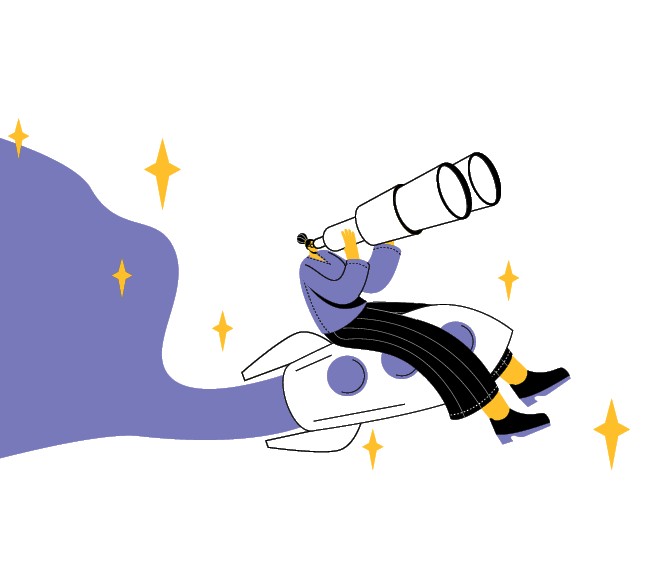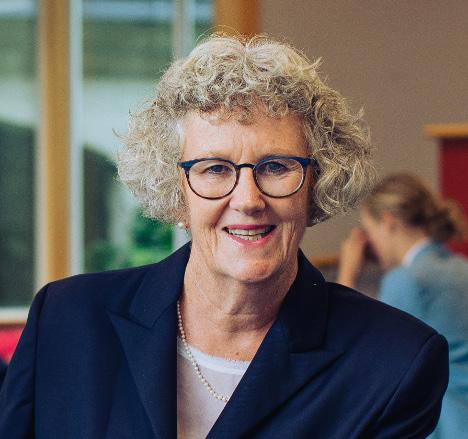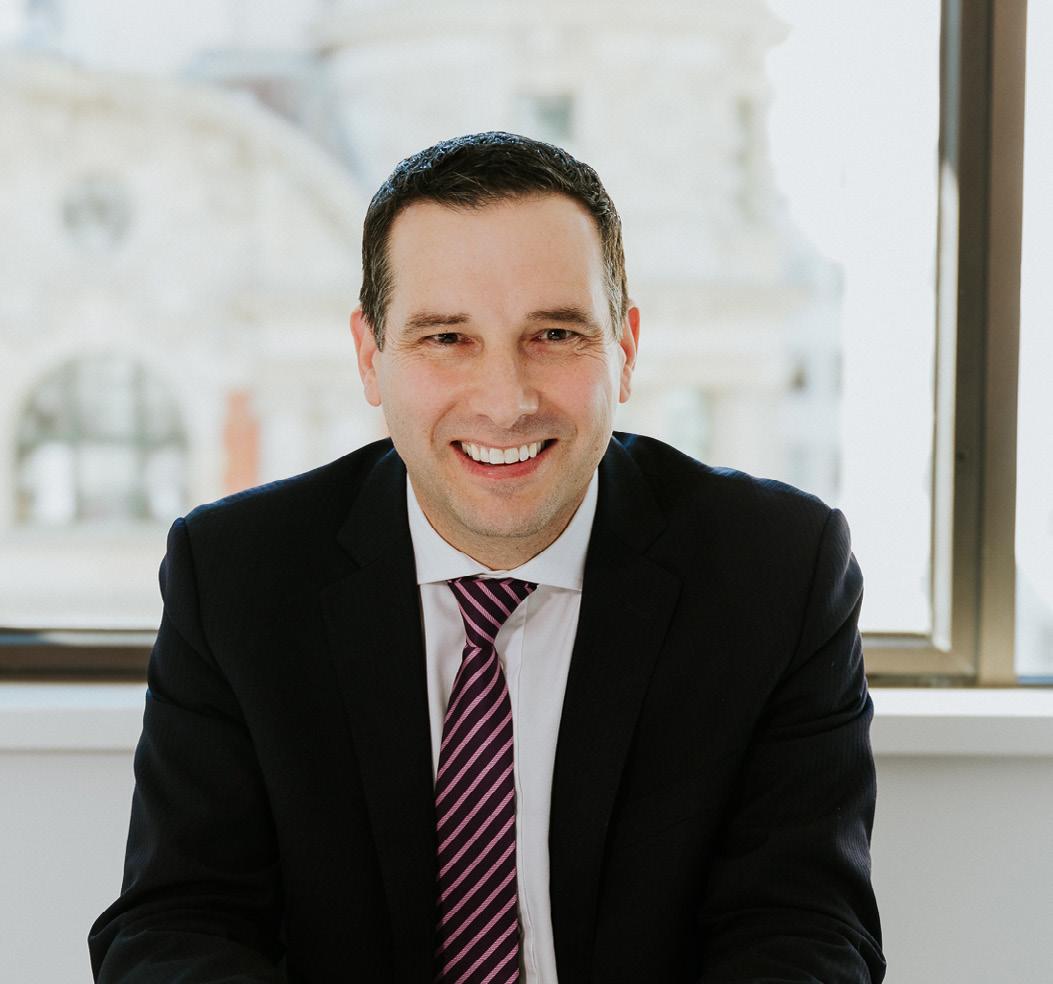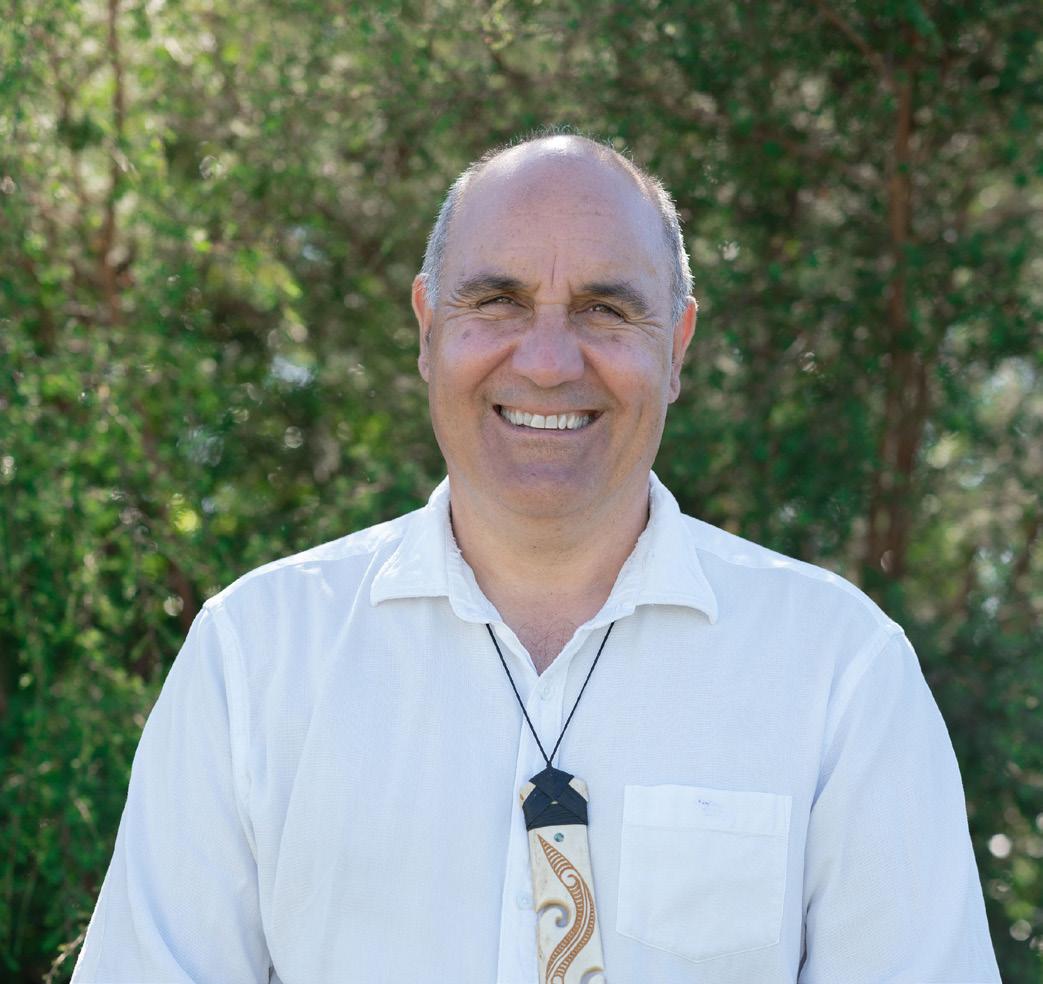
6 minute read
The challenges and rewards in guiding school leadership
Three experienced school leaders reflect on their time as leadership advisors for the Ministry of Education – a role that’s as much about giving back as it is about continuing to grow.
For Robin Fabish, Jackie Barron and Daniel Wilson, stepping into the role of leadership advisor wasn’t about stepping back from education – it was a deliberate decision to remain deeply connected to the work and the people shaping learning across Aotearoa.
“I was feeling like I needed a break from leading our kura,” says Robin. “Having been through Covid and Cyclone Gabrielle, I thought taking time out from principalship would be good for my wellbeing.
“This role has also given me the opportunity to stay in the educational leadership arena and make a contribution back to my colleagues.”
For Jackie, the role was a natural next step. “I was interested in giving back to the profession and being part of the solution instead of always criticising the Ministry for not doing enough for principals. I had knowledge and skills I was happy to share.”
Daniel also saw it as a progression. “After 10 years as principal of Nayland College, I felt it was time to continue my learning journey. What better way than to have the opportunity to work alongside school principals in an advisory role?”

On-the-ground support, shaped by experience
No two days are the same for leadership advisors, but each week is grounded in connection and collaboration.
Robin balances time in the office with school visits, principal association meetings and facilitating workshops. He’s also part of the team supporting the creation of leadership modules and podcasts for beginning principals.
Jackie reflects on the variety with enthusiasm, saying the work is “very varied, which is one of the things I really enjoyed”.
Jackie’s days include one-on-ones with principals, bringing groups of principals together to share experiences, attending stakeholder and sector meetings, and internal meetings with the Ministry.
Daniel structures his time around relationships. “Generally I tried to bookend the week – Monday and Friday were typically office days, connecting regionally and nationally –with Tuesday to Thursday working with principals in a variety of ways.”
Relationships built on trust and empathy
Building trust with principals, particularly those navigating complex challenges, was a priority for all three advisors.
“One of the key things is being out and about,” says Robin. “Being seen is important. I try to be as useful as possible to help tumuaki to solve their challenges and I think this builds trust. My understanding of the stresses and complexities that school leaders deal with means I can empathise and offer support.”
Jackie agrees. “Being a current principal was a big part of it. I was a bridge between them and Te Mahau. I build trust by listening and coaching – not telling people what to do or trying to fix their problems.”
Daniel adds: “Often I would be supporting principals through difficult leadership challenges, but this was not in isolation. The nature of the role and connection with existing principals inherently builds trust.”

Tailored support that makes an impact
Each advisor shares examples of impact made possible by this trust. For Robin, it’s the coaching relationships that stand out.
“By sitting alongside a tumuaki, sharing my experience and guiding problem-solving, I’ve created opportunities to clarify next steps. These are the conversations that transform schools.”
Jackie highlights the strategic planning workshops she ran. “We got very good feedback from those workshops indicating that they were really useful. This then led to follow-up work with smaller groups or individual principals.”
Daniel reflects on working closely with a principal around school culture, vision and strategic planning.
“By the end of the year the school was back on track, the principal was finally starting to enjoy their role and student engagement was on the improve.”
Support is always contextual and responsive. Robin explains that just like in a classroom, there are beginner principals and experienced principals.
“Less experienced tumuaki might need help with understanding Pourato and staffing, while more experienced leaders might like someone to bounce ideas off. Sometimes I have to go away and find the answers, or work with my team to respond to puzzles of practice.”
Jackie echoes this: “My role was about understanding, listening and coaching – valuing the different contexts and supporting principals to find their own solutions.”
Frameworks, whanaungatanga and continual learning
All three advisors draw on trusted frameworks in their mahi. Robin’s is guided by whakamana and manaakitanga.
“Honouring the mana of each principal I deal with is important to me. The essence of manaakitanga is kindness, generosity and looking after others.”
Jackie works from a growth coaching model and a simple principle: “Seek first to understand, then be understood.”
Daniel brings in frameworks like “Leading to the North East” and Viviane Robinson’s Student-Centred Leadership.
“The work is mostly relational,” he says. “And sometimes I was learning too. It was great to tap into the wealth of wisdom across the Advisor team.”
That spirit of collaboration is a cornerstone of the service. Robin, Jackie and Daniel all referenced regular hui, summits and online forums where advisors share ideas, challenges and best practice.
These interactions not only strengthen support for principals but also keep the advisors themselves learning and growing.
“You are continually learning in the role,” says Daniel. “You’re thinking as a principal would, through the eyes of a principal.”

Advice for future advisors
With expressions of interest for 2026 now closed, each advisor shares the qualities that make this mahi meaningful.
“I’d encourage any experienced tumuaki to consider applying,” says Robin. “Key qualities are a solid commitment to equity and social justice, understanding of colonisation and our Te Tiriti history, an openness to learning, humility and a drive to serve.”
Jackie agrees. “Be open, transparent, a good listener, authentic and honest. Don’t get caught measuring busyness –focus on how you can make an authentic impact.”
Daniel adds, “Be willing to learn, flexible in your approach, prepared to travel, and most of all, work hard to form good connections and relationships.”










